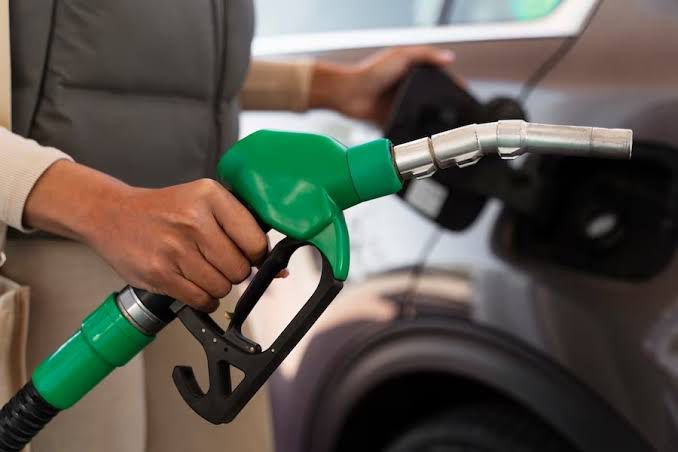The Federal Government’s decision to introduce a fresh 5% tax on petroleum products has triggered widespread anger and discontent across the country, with many Nigerians describing the move as yet another burden piled on an already weary populace. The tax, which is set to take effect from January 1, 2026, is contained in the recently passed Fossil Fuel Consumption Tax Act.
The legislation, proposed earlier this year and hurriedly passed by the National Assembly, seeks to levy a 5% surcharge on all fossil fuels, including petrol, diesel, and kerosene, at the point of purchase. Government officials argue that the tax will generate an estimated ₦796 billion annually, revenue that is expected to be channeled into environmental sustainability projects, climate change mitigation, and renewable energy development.
However, critics have described this new tax as inconsiderate, particularly in an economy already reeling from the removal of fuel subsidies, high inflation, and stagnant wages. Many Nigerians see the tax not as an environmental policy, but as a fresh revenue drive by a government desperate to shore up its finances.
This development comes against the backdrop of President Bola Tinubu’s flurry of reforms since assuming office in 2023. His administration has been marked by bold but controversial decisions: the abrupt removal of fuel subsidies, the floating of the naira, and the unification of exchange rates. While these moves have been praised in some quarters as necessary steps to restore fiscal balance and attract foreign investment, they have equally unleashed a wave of hardship on ordinary Nigerians, who continue to grapple with skyrocketing food prices, transportation costs, and utility bills.
The 5% tax has now become the latest flashpoint. From Lagos to Abuja, Kano, and Port Harcourt, Nigerians have taken to social media and public forums to vent their frustrations. Hashtags like #NoToFuelTax and #EnoughIsEnough trended within hours of the announcement, with citizens accusing the government of being insensitive to their struggles. Civil society groups and labour unions have also hinted at possible protests, arguing that the government is pushing citizens to the brink.
“I don’t understand how this government expects people to survive,” said a commuter in Abuja. “Transport is already killing us. Food is expensive. Now they want to add tax on the fuel we use every day. It’s wickedness.”
The Nigeria Labour Congress (NLC) has called the tax “anti-people” and vowed to resist it. Analysts warn that the policy, if implemented without cushioning measures, could further worsen the cost-of-living crisis and erode public trust in government reforms.
For the Tinubu administration, the new fuel tax underscores the delicate balancing act it faces: driving economic reform and environmental policy while trying to maintain social stability. Yet, as the anger on the streets shows, Nigerians are increasingly losing patience with reforms that seem to come with more pain than promise.
As January 2026 draws near, the government will have to contend not just with the technicalities of implementing the new tax, but with the deepening frustration of citizens who feel they have been pushed too far.
Samuel Aina

